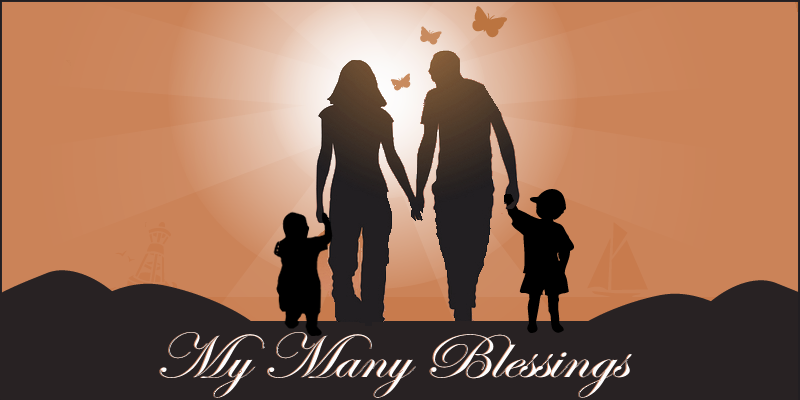Opening up a dialogue about anxiety and depressiong is an important first step on the road to recovery. Below are tips from the ADAA for asking for help if you suffer from an anxiety disorder, and tips for helping someone you love.
Asking for Help
- While it may be difficult, be open and honest with your loved ones. They may not understand, but that doesn't mean they can't be helpful.
- If you're not comfortable talking about your problem, try describing your thoughts and feelings in a letter. It's a great way to open up communications.
- Try to explain what you experience in a way your loved ones can relate. For example, you might say, imagine crossing a busy intersection and suddenly seeing a speeding car barreling towards you. Think about how you would feel, how you would react. Then ask the person to imagine having those very same feelings while waiting in line to buy groceries, driving over a bridge on a sunny day or pricking up a phone to call a friend.
- When you need help, don't assume your loved one knows what you need. Be specific.
- Explain that the help you need may change from one time to the next. Such is the nature of the problem and should not be taken as a personal rejection.
- Work together to remain in situations until your levels of anxiety subside. If you must leave, try to go back as soon as possible.
- Ask your loved one to support you in feeling good about what you did do, not bad about what you did not do.
- Share your triumphs, no matter how small.
- Remind those trying to help that anxiety disorders are real, serious and treatable medical conditions. Having one is not a sign of weakness or lack of moral fiber.
- Recognize that the irrational feelings and thoughts experienced by someone with an anxiety disorder are different than the normal fear and anxiety responses that everyone feels from time to time.
- Acknowledge that you don't understand if you've never personally experienced a panic attack or other form of irrational anxiety.
- Appreciate that your loved one is aware that the thoughts and feelings are irrational, but feels powerless to stop them.
- Help set specific goals that can be approached one step at a time.
- Don't assume that you know what is needed. Ask how you can help. Listen carefully to the response.
- Accept that what may be helpful one time may not be the next. Don't take it personally. It's the nature of the disorder.
- Aim for positive reinforcement rather than judgment, criticism or blame.
- Understand that knowing when to be patient and when to push can be challenging. It's a fine line. Achieving the proper balance often requires trial and error.
- Remember, recovery requires hard work on the part of the individual, and patience on the part of the family. It may seem like a slow process, but the rewards are well worth it.
Please remember someone suffering from anxiety or depression could be a sibling, a parent, a child, a friend, or a complete stranger on a train, restaurant or doctor's office. We suffer in silence - most of the time not realizing why we are suffering - until we are strong enough to acklowledge the problem. It took me almost a year before I was able to recognize my Generalized Anxiety Disorder. It should have not taken that long since others saw it before me.
Please remember words hurt - even if you are not aware you are saying something "wrong." If you have any idea that someone you are close to is suffering, just ask. Maybe you can save someone time in recovering.
























2 comments:
I wasn't aware of this - either the month or the week. Thanks for posting about it.
I wish they would publicize it a bit more - it would help eliminate the stigma of mental illness. Unfortunately there are still many people who think mental issues are either "all in your head" or something that can be overcome by pulling up one's bootstraps. I wish it were that easy.
Thanks for this post! I didn't know it was this month, either.
Post a Comment